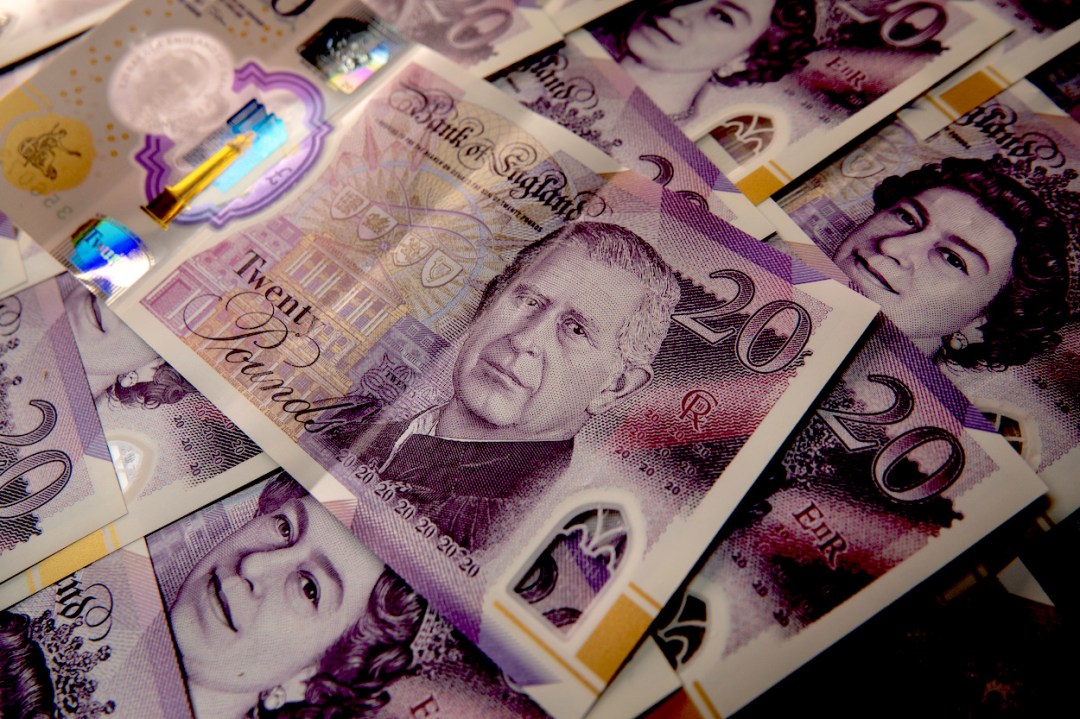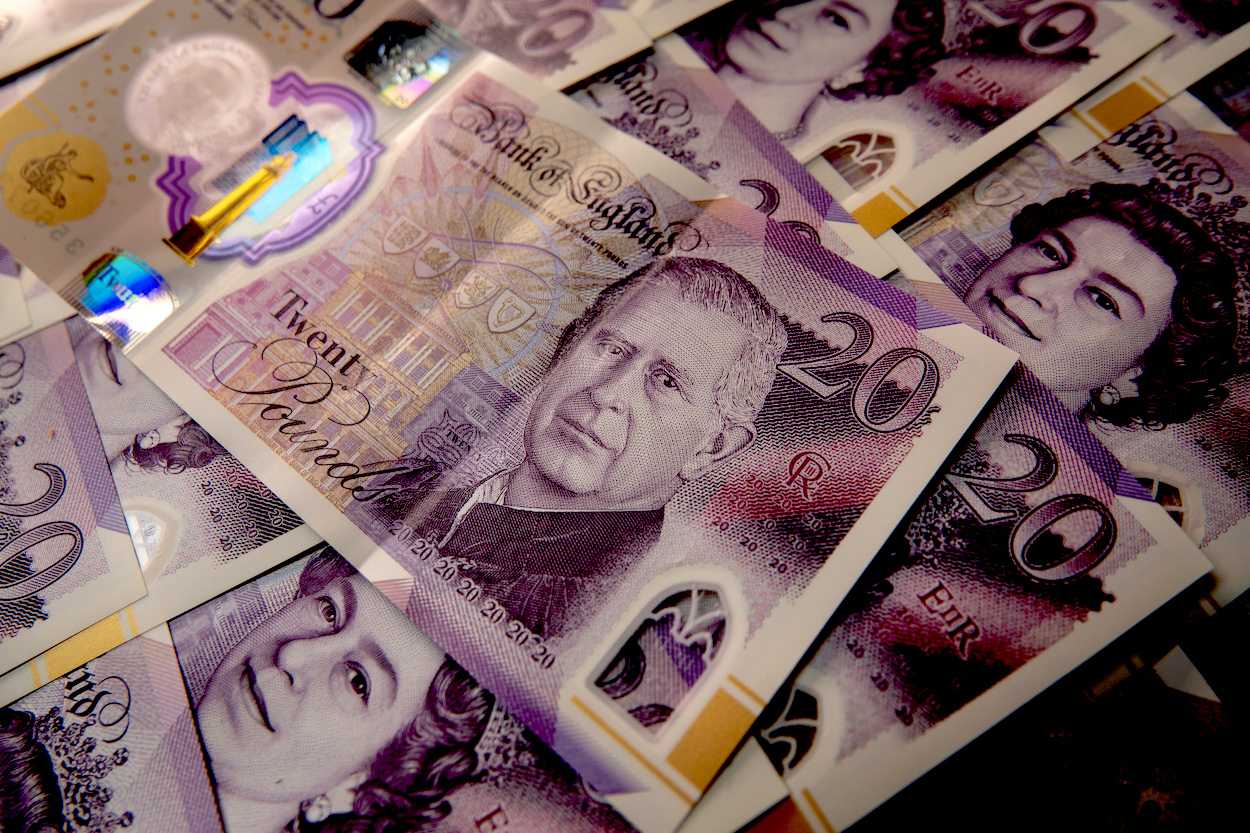Prices are still rising fast. The Consumer Prices Index rose by 3.8 per cent in September – the same pace as in August but nearly double the Bank of England’s 2 per cent target. Markets, and the Bank itself, had expected inflation to reach 4 per cent, so the fact it has remained flat will come as a small relief to the Chancellor as she prepares for her November Budget.
‘Significantly,’ the ONS noted, food and drink inflation fell for the first time since March – down to 4.5 per cent from 5.1 per cent. Core inflation, which strips out volatile items, and services inflation both eased too. The Bank believes this is the peak of inflationary pressure, and if that proves true, it will be welcome news for everyone.
On the other hand, transport costs rose sharply, preventing a drop in the headline figure. Meanwhile, wage growth of nearly 5 per cent suggests that the price-setting dynamics affecting businesses remain very much alive.
While inflation remaining flat is better news than we’d expected, Joe Nellis of accountancy firm MHA described the current price pressures as ‘stubborn’. Markets will want to see inflation move decisively towards the 2 per cent target before offering any lasting relief on borrowing costs. The International Monetary Fund, for its part, warned last week that CPI is unlikely to fall quickly and remain the highest in the G7 for the next two years.
That leaves Rachel Reeves facing a difficult problem at the Budget: how to get growth going without reigniting the flames of inflation. The Bank of England is expected to do its part by holding interest rates steady at 4 per cent when it meets in November.
Reeves, for her part, said she is ‘not satisfied’ with the figures and that Britain’s economy ‘has felt stuck’ for too long. She suggested measures to help ease the cost of living will be announced at the Budget. That could come in the form of a temporary removal of VAT on household energy costs.
Inflation may be levelling off, but it remains far too high for comfort. The worst of the price surge could be behind us, yet the path back to target will be slow and uneven. For the Chancellor, that means little but incentive to tread carefully.






Comments